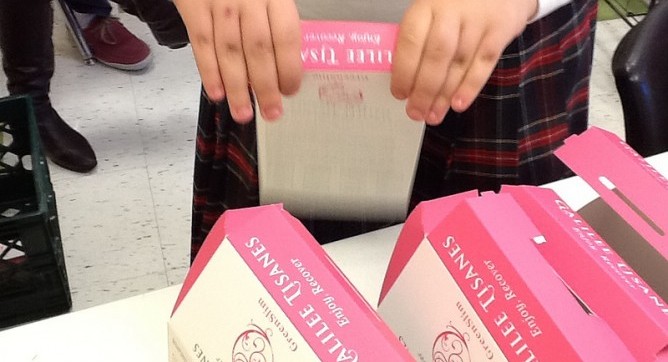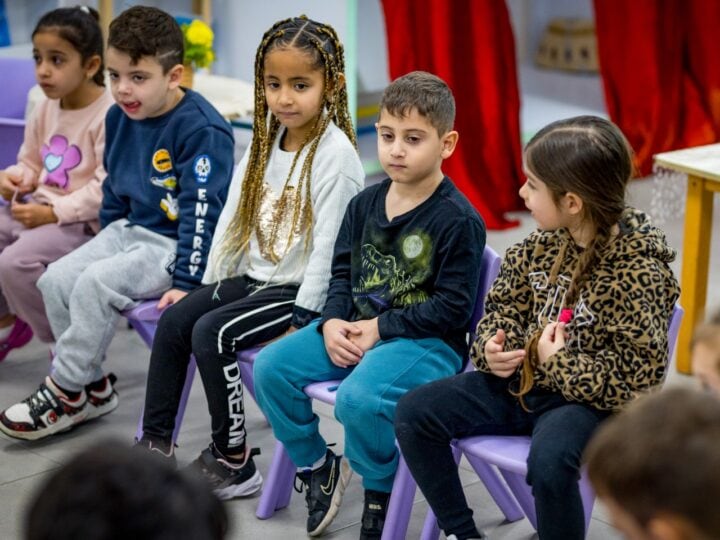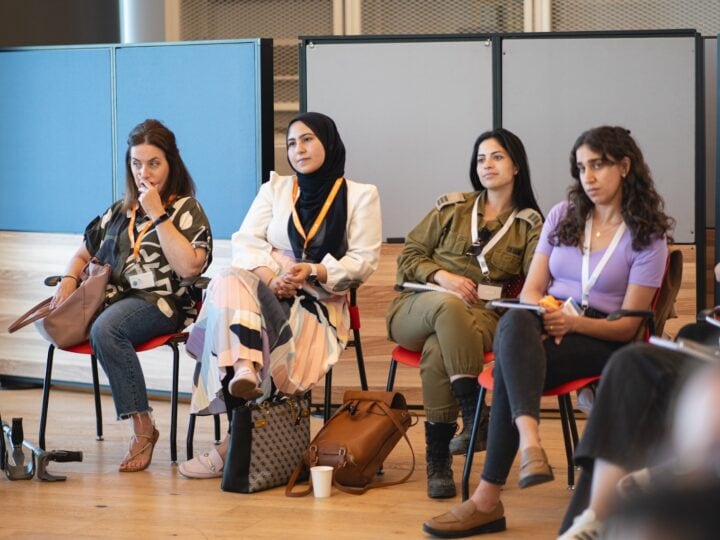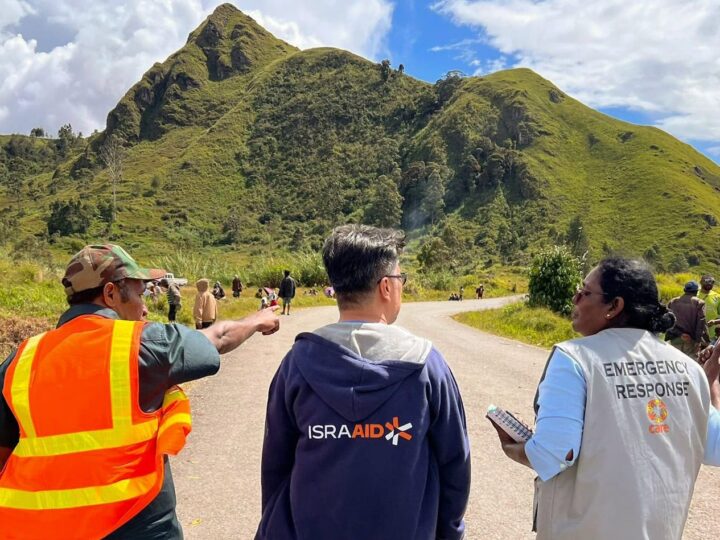At Imagine Academy for Autism , in Brooklyn, New York, three teenage students are gaining vocational skills, self-esteem and pocket money by packaging Israeli-made Galilee Tisanes herbal medicinal teas several times a week.
The unusual “assembly line” assembles just a small fraction of the packages that Galilee Tisanes sells in health-food stores and pharmacies across the country. Productivity is not the point of the program.
“People with autism like routine, and that works to their advantage in performing organizing and sorting jobs,” says Anna Coles, director of curriculum for Imagine.
However, she wanted to offer vocational activities with a real purpose. Knowing that the products they assemble are sold in stores gives the young workers the “pride of a working team,” Coles tells ISRAEL21c. “They gain self-respect and a feeling of real involvement in the community as well as in the world around them.”
Galilee Tisanes CEO Dror Harel explains that the Israeli company has operated in the United States since its 2010 founding, with a distribution center in Brooklyn. The wife of Harel’s business partner, Ilan Michaeli, runs a therapeutic clinic with professional ties to Imagine. She organized a meeting last spring between school administrators and the Israeli businessmen.
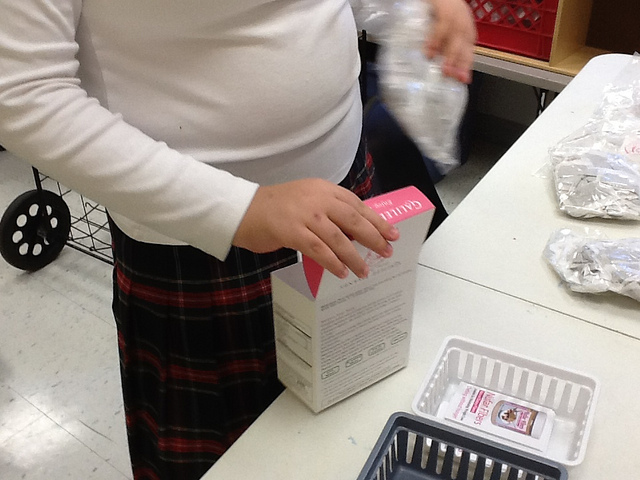
- Teabags going into the boxes. Photo by Anna Coles
“Anna told us about the occupational therapy they do with the kids and said they were looking for something more significant, something with real value,” Harel tells ISRAEL21c. “This [arrangement] gives each kid $20 to $30 every month to feel they are really working.”
Says Cole: “They seem to enjoy it very much. They start with the pieces of [raw] material and get to see the final product.”
Learning step by step
Five students with good fine motor skills were chosen to test the project, beginning with assembling the boxes from recycled paperboard.
“It’s not an easy carton to fold, because it has many angles and it takes time,” explains Harel.
Coles worked with Michaeli to create visual step-by-step folding instructions for the kids. “We try to get them to work more independently — with words if they can read, or with pictures. We don’t want them dependent on us,” she explains.
Observing their progress allowed Coles to narrow the team to three students who proved especially adept at the task. A girl and boy, both 15, and a 14-year-old boy moved on to learn how to fill the boxes with plastic-wrapped natural-fiber tea bags and seal the boxes with stickers. New stickers are now being printed to inform consumers that these particular boxes were assembled by Imagine Academy students.
“Once again, I had the students follow a ‘visual schedule’ that I made for them,” Coles says. Finally, they learned how to sort the boxes by color so that they are ready for pickup by the company.
Each student works on the project for one 45-minute school period two or three afternoons every week. Between 10 and 20 packages can be fully prepared during this time.

- The Galilee Tisanes Wellness Variety Pack is one of the products put together by students at Imagine Academy.
Sharing their success
“Soon we plan to take them to one of the stores in the community to show them the products on the shelf,” says Harel. “We want them to see that these are products people actually buy.”
“When he said he would take them to stores to see where the tea goes once it leaves the school, the students were as excited as I was,” says Coles. “Next, I want to share their success with the parents, perhaps organizing a visit to the school and letting them know where they can buy the teas locally.”
Galilee Tisanes offers eight condition-specific varieties targeted to ease diabetes, high blood pressure, blood sugar and cholesterol, and to promote respiratory function, weight loss, bowel function and general wellness. “We grow and produce the teas in Israel, and ship them to the United States. It’s an Israeli brand sold in America,” Harel explains.
The company grew out of a family business founded in 1995 in Israel, still operating domestically under a different brand name and packaging.
“We have mutual production and use the same formulas developed by herbalists, phyto-nutritionists and Chinese medicine doctors,” says Harel.
“We were very happy to have a unique opportunity to be part of this community-empowering challenge,” says Harel, speaking to ISRAEL21c as he was headed to the annual KosherFest food show in New York, which began October 29.




